Sigizmund Krzhizhanovsky was born in the wrong place at the wrong time. Had his Polish ancestor not been exiled to Siberia, he might have become a figure in European literature; living in Soviet Russia he was, in his own words, ‘known for being unknown’. His fiction and plays, written in the 1920s–1930s, remained mostly unpublished — unpublishable — till 1989. That he can now be read in English is thanks to the translator Joanne Turnbull, who in collaboration with Nikolai Formozov has brought him out of obscurity.
What Krzhizhanovsky lacks in popularity he makes up for in the fame of his hero, Baron Munchausen, an incorrigible fantasist created by the 18th-century author Rudolf Erich Raspe. In this modernist phantasmagoria Krzhizhanovsky transfers Munchausen to the 1920s. After a Berlin introduction, in which the adventurer shows the 1785 edition of his tales to a poet visitor, and a London sojourn, Munchausen is sent as a reporter to Russia, where his motto ‘Truth in lies’ acquires new overtones. Looking at ‘a true representation of Truth and Falsehood’ at St Paul’s, however difficult it might be to tell them apart, is one thing; visiting a country ‘where the official paper Pravda (Truth) is somehow the reverse’ is quite another.
Munchausen’s florid style, inherited from his original, is complemented by Krzhizhanovsky’s own penchant for proverbs and puns. This translation preserves the wordplay with such inventions as ‘we trounced the enemy at the drop of a hat, of all our hats’, a neat analogue to a Russian idiom. The notes are as informative and as witty as the text itself. For instance, a scene in which beams cast by citizens out of each other’s eyes provide a supply of building materials is deciphered as a ‘mixture of two gospels, Christian…and Soviet’, with a nod to the iconic image of Lenin carrying a log at a voluntary labour day, a specimen of Soviet propaganda and a fount of jokes. Christian allusions abound in the book: prophets avoid cobbled streets for fear of being stoned; people hold their tongues for six days before pouring it all out on their day of rest, filling the air with obscenities.
Munchausen is especially interested in sciences and arts, and his trip to Moscow starts auspiciously: the train ‘must advance log by log, or rather book by book’, for the driver feeds books to the firebox, but not until he has read each from cover to cover. This makes the visitor wonder ‘how long the supplies of Russian literature would last’. Upon arrival, he tries his hand at a stage production of Gogol’s The Inspector General, envisaged on a scale too grand even by the standards of revolutionary mass celebrations. Far from wishing to demonise Russia alone, Munchausen returns to Britain, where he turns his back on the king, causing ‘literary slop buckets’ to slosh; needless to say, he gets away with it, unlike his mathematician acquaintance, who ends up in prison and soon dies ‘of either old age or chagrin’.
The book ends with the ‘master of pure, unadulterated phantasms… defamed as a frivolous liar and windbag’ retiring: first to his estate and then to the pages of the same old book he came from. His fight with facts over, Munchausen leaves his poet friend to ponder the notions of truth and falsehood. Krzhizhanovsky’s work vividly demonstrates what a powerful medium modernism is to explore both.
Got something to add? Join the discussion and comment below.
Get 10 issues for just $10
Subscribe to The Spectator Australia today for the next 10 magazine issues, plus full online access, for just $10.

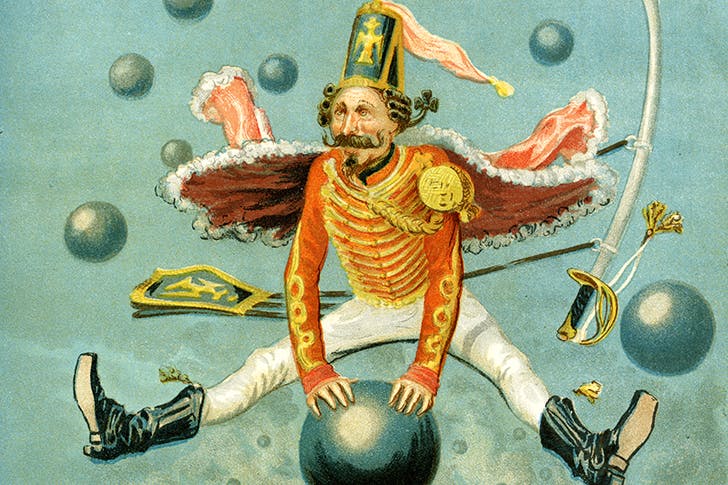
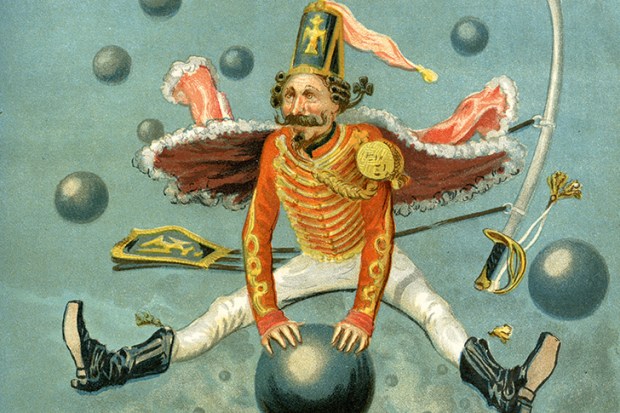
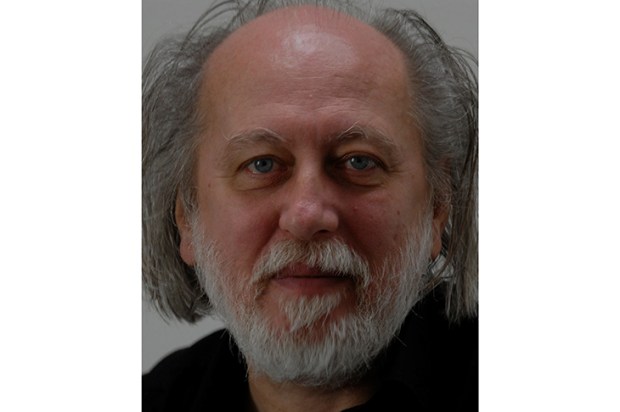

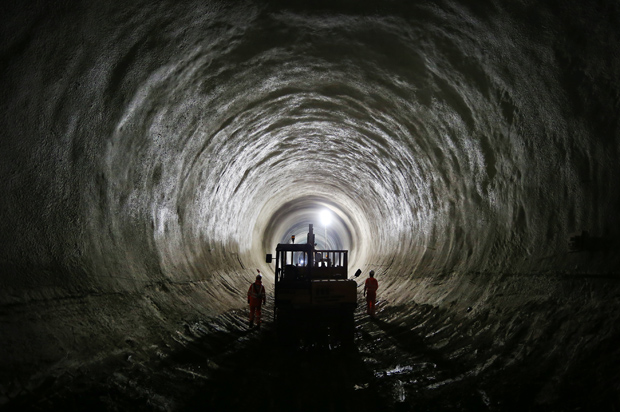
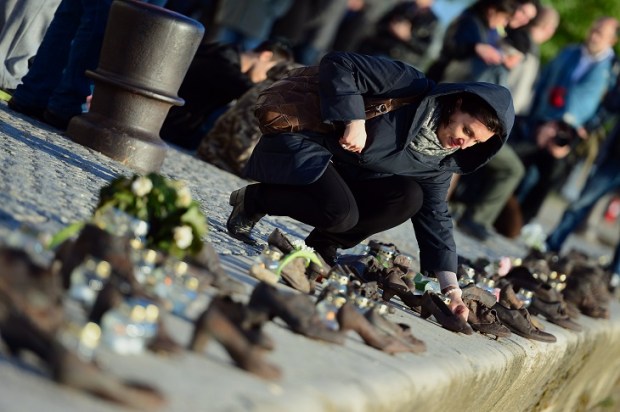
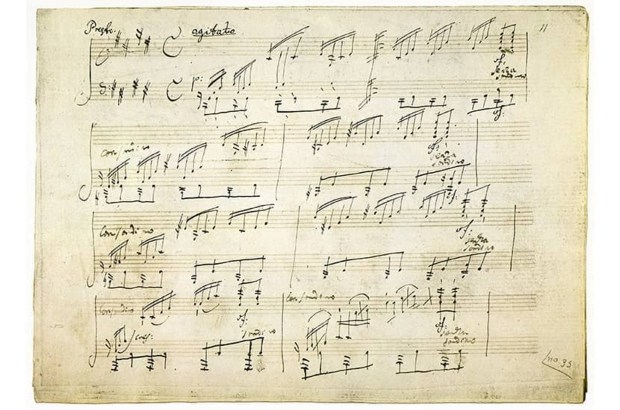






Comments
Don't miss out
Join the conversation with other Spectator Australia readers. Subscribe to leave a comment.
SUBSCRIBEAlready a subscriber? Log in